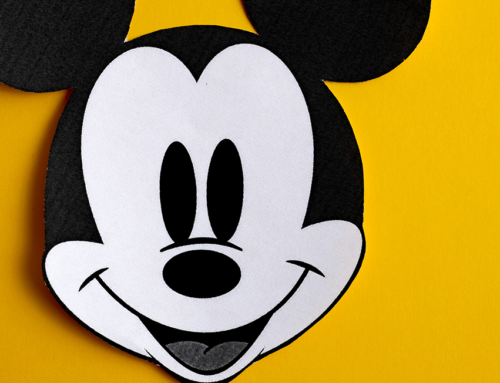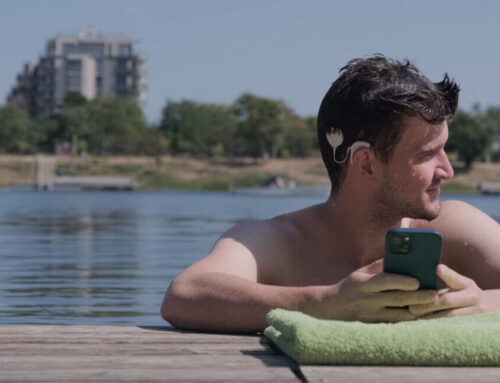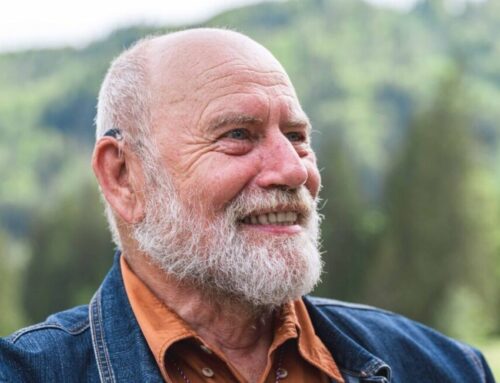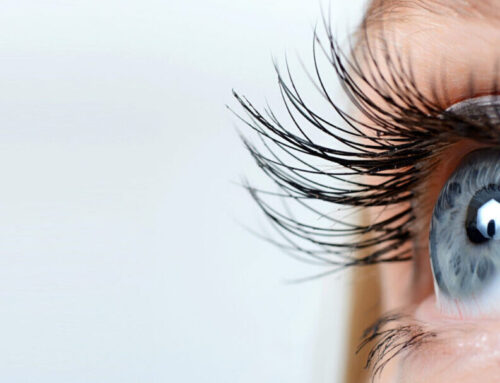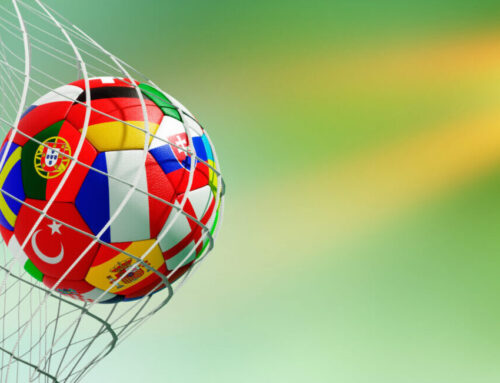Why is good education important for people with hearing implants?
The world is a book. Those who always read it gather experiences and extend their horizons, are more interested, are open, develop their personalities, are more confident, successful, creative, flexible, keep a young outlook and when everything is taken together, happier. Knowledge, education and good hearing are thus all the more important for people with hearing implants.
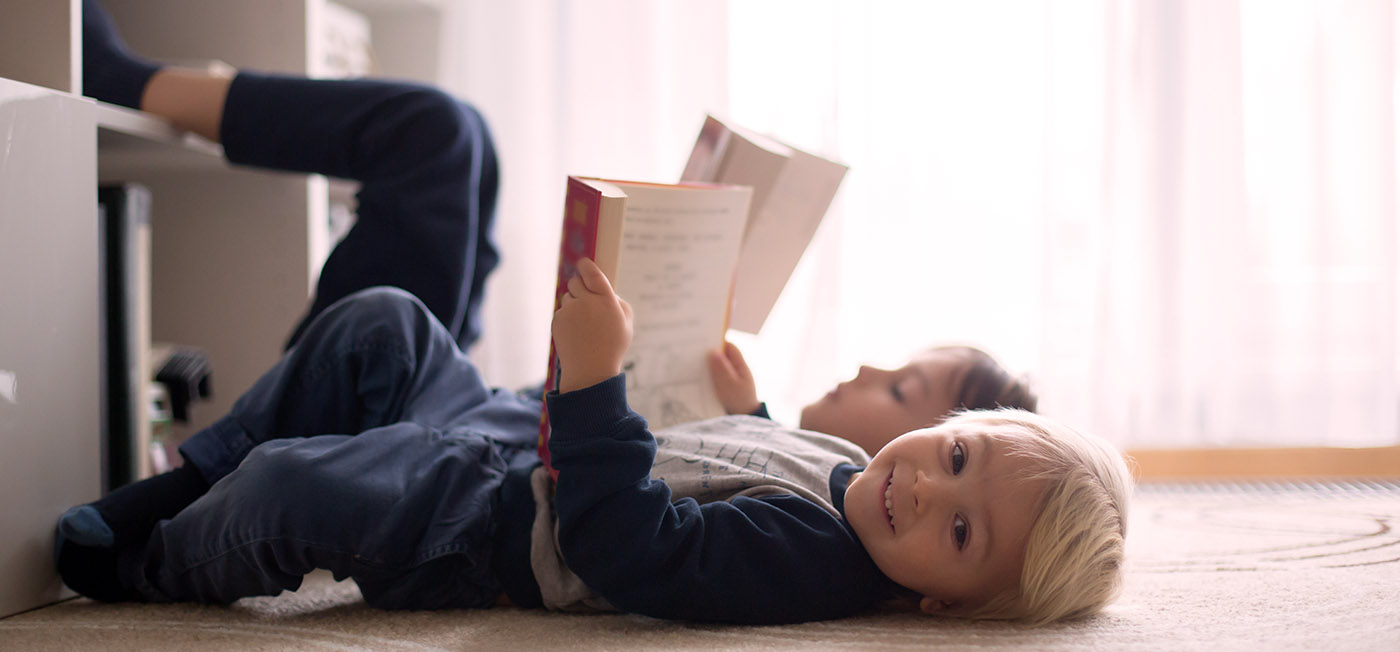
Knowledge makes you happy!
But what do you need to know for your life to be exactly as you imagine it and to make the most of all the individual opportunities? On the one hand, a solid education and training represent an important investment in the future and the basis for a promising life. Who does not know the phrase, “you’re not learning for school, you’re learning for life”? And we really do learn something new every day. Fortunately – at work, as our society, the economy and science are constantly changing and developing, but also privately, in order to be able to recognise social and cultural changes and meet personal challenges in a more relaxed way.
Education – Knowledge, Experience, Wisdom
Education and knowledge don’t have to mean hard swotting – education also means surrounding yourself with culture, enjoying concerts and theatre visits, admiring works of art in museums, experiencing new adventures in your mind through books. It also means travelling the world, experiencing other people, their culture and their language. Extensive exchange of knowledge takes place through communication, interpersonal relationships and networking. You get very specialised knowledge and experience through craft skills. Lastly, nature offers us immeasurable possibilities for experiencing and understanding the world. But, education is also learning from obstacles that sometimes lie in our path and even gaining from them!
Education and good hearing
Education basically means development into a person. That begins immediately at birth. In her book “Explorer spirit in nappies– how your child understands the world”, Alison Gopnik describes how astoundingly quickly the infant mind conquers the world. Babies learn more, for example, in their first three months than a student does in four years! In early childhood years, education is less concerned with the intellectual development process, it is much more about emotional development, which in turn is an important factor for further learning. There is thus a mutual interdependence between emotional and cognitive capabilities.
Children learn the skills of relating to the environment, to other people, subjects and content very early. This creates the basis for remaining curious, being open to new things, but also experiencing frustration, being resilient and finding solutions. Communication is of crucial importance for this social education.
The foundations for future success are consolidated during school and training and create a good basis for stability and happiness. However, for some children, various circumstances are barriers to optimal access to formal education; whether it is the environment they are in, social circumstances, language barriers or a physical or mental disability.
The dimension of education
Education connects people: it is the highest cultural asset and a basic human right. Ultimately, it is an essential tool for self-knowledge and self-development. This is known to be an ongoing, open-ended process. We fundamentally cannot ever escape lifelong learning, and that is a great thing.

